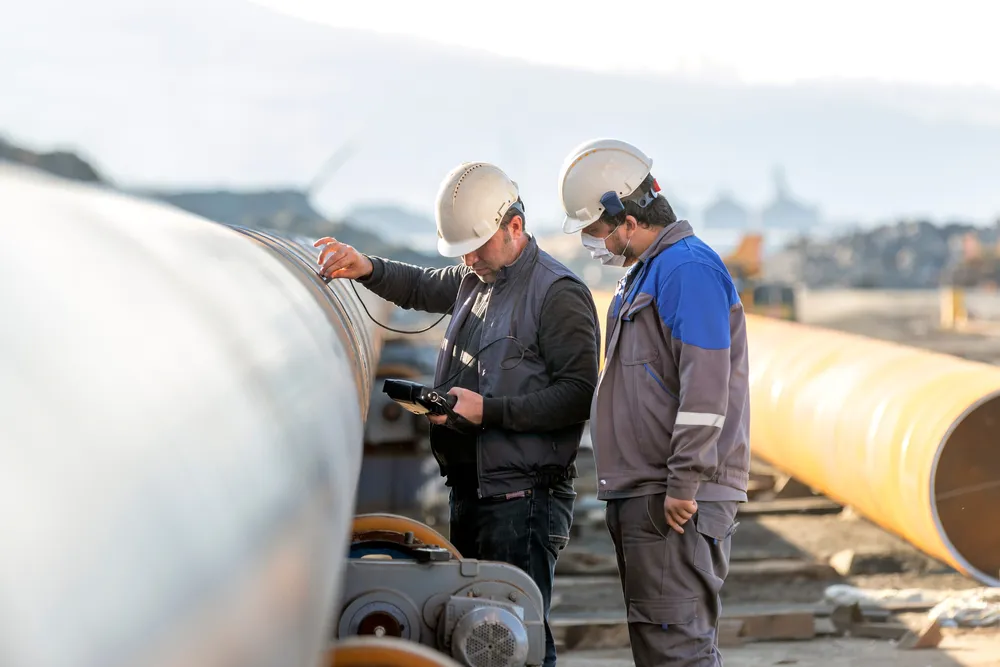

| City | Start Date | End Date | Fees | Register | Enquire | Download |
|---|---|---|---|---|---|---|
| Barcelona | 18-08-2025 | 22-08-2025 | 6200 $ | Register | Enquire | |
| Dubai | 25-08-2025 | 29-08-2025 | 4300 $ | Register | Enquire | |
| Paris | 01-09-2025 | 05-09-2025 | 6200 $ | Register | Enquire | |
| Cairo | 08-09-2025 | 12-09-2025 | 3950 $ | Register | Enquire | |
| Amsterdam | 22-09-2025 | 26-09-2025 | 6200 $ | Register | Enquire | |
| London | 06-10-2025 | 10-10-2025 | 6200 $ | Register | Enquire | |
| Dubai | 13-10-2025 | 17-10-2025 | 4300 $ | Register | Enquire | |
| Kuala Lumpur | 20-10-2025 | 24-10-2025 | 4950 $ | Register | Enquire | |
| Paris | 27-10-2025 | 31-10-2025 | 6200 $ | Register | Enquire | |
| Barcelona | 03-11-2025 | 07-11-2025 | 6200 $ | Register | Enquire | |
| Cairo | 10-11-2025 | 14-11-2025 | 3950 $ | Register | Enquire | |
| Kuala Lumpur | 17-11-2025 | 21-11-2025 | 4950 $ | Register | Enquire | |
| Amsterdam | 24-11-2025 | 28-11-2025 | 6200 $ | Register | Enquire | |
| London | 01-12-2025 | 05-12-2025 | 6200 $ | Register | Enquire | |
| Kuala Lumpur | 08-12-2025 | 12-12-2025 | 4950 $ | Register | Enquire | |
| Cairo | 29-12-2025 | 02-01-2026 | 3950 $ | Register | Enquire |
In the high-risk oil and gas industry, protecting people, property, and the environment is paramount. The Oil and Gas Technical Safety course addresses often-overlooked safety aspects necessary for completing oil and petrochemical processes, adhering to modern norms and OSHA legislation.
This course covers the investigation and response stages, along with emergency management plans, including procedures and strategies. Participants will gain knowledge in process safety, including management of change programs, handling high-risk chemicals, mechanical and engineering safety, and safe work practices. The training aims to enhance safety systems within organizations by empowering employees to routinely assess risks and take actions to control them, thereby preventing accidents.
Customizing the Oil and Gas Technical Safety training course is vital for each company, as safety measures must align with specific activities and legal requirements. Through both theory and practical applications, participants will design and implement effective safety measures that safeguard the well-being of the oil and gas workforce and operations.
This course provides a comprehensive synthesis of technical safety aspects, equipping participants with the knowledge needed to manage the unique challenges within the oil and gas sector. By the end of the training, participants will possess relevant oil and gas technical safety practices and processes, ranging from process operations to emergency response, and the skills to apply this knowledge effectively.
At the end of the Oil and Gas Technical Safety course, participants will be able to:
Unit 1: Introduction to Oil and Gas Process Safety
Unit 2: Hazard Identification and Risk Assessment
Unit 3: Process Safety Management
Unit 4: Emergency Response Planning
Unit 5: Strategies for Changing Safety Culture and Improvement
Invalid mobile number. Please enter a valid number.
















